For many, there was a scene in ‘Masaan’ that presented a strong case for the cinematic moment of 2015. Under the moon, on a Benaras ghat, a boy hits the bottle after losing the girl he has fallen in love with, and breaks down in front of his friends. He screams to the heavens — or to nobody in particular — wondering “if it will get any easier. This is very painful.” Till then, the boy has been shy, subdued and quietly ambitious about his chances.
The scene was unnerving, heartbreaking and very powerful, not least because it involved a young new actor breaking free on screen. VICKY KAUSHAL had announced his arrival in Neeraj Ghaywan’s ‘Masaan’ — a fantastic film he won many accolades for, and one he shot for directly after he finished Mozez Singh’s ‘Zubaan’, which is finally ready for release. What’s more, he has three more roles in the bag.
Here, ABHISHEK GAUTAM speaks to Vicky about the promising start to his career, his background, life-altering moments and the craft of acting.
Tell me a bit about growing up in a film-oriented environment. Your father (Sham Kaushal) is one of Indian cinema’s most accomplished action directors.
A: As a child, I was interested in only three things: Studies, cricket and watching films. I never grew up with the intention of becoming an actor, or with an aching ambition of entering the film industry. My father always kept his professional and personal life separate. So films were never discussed at the dining table. I did not ever go to any film sets to find out how shoots take place; or because my father is in this industry, so I would meet a certain hero or heroine easily. That was organically never there. But while growing up, I have seen my father have creative meetings with directors and producers at our place. He still does that. He calls them over for breakfast, he goes through a creative discussion with them and I sit through those discussions. So I was familiar to the terms of cameras, shooting, location recce, lens, but I never knew how these things work or were used in a film. I was an introvert in-a-shell kind of guy since my childhood. I would not socialize much. I wouldn’t open up much, but I was very active on stage. Be it a 5-minute dance performance, a skit in the society or at school or college. I would feel that that stage has given me a platform to be shameless; to be someone I’m not or somebody I want to be, and that used to liberate me. I always loved performing, but it was just something that I loved doing subconsciously. But I never planned to do it professionally. I scored well in my 10th standard board exams, so the logical choice was to choose science stream. In science, you only have 2 options: Engineering or Medical. I was not good at learning by rote and I liked Maths, so I opted for engineering. I didn’t actually want to be an engineer; it was just a logical choice at the time. I was just going with the flow of life, and one thing led to the other.
It was only in the 2nd year of engineering that our faculty began to take us for industry visits. There, we would see that this is how engineers work in a 9-to-5 job. When I saw that, it was the first time I questioned myself, “What do you really want to do?” I was so sure that this 9-to-5 business is not what I want to do for the rest of my life. I asked myself what gave me immense happiness, and what I could find myself doing for the rest of my life. That’s when the performer inside me popped out. And that’s when I started giving it serious thought — as to how I can make it my career, or if I can make it into a career at all. In 2009, I graduated in Electronics and Telecommunication with a job letter in hand, and dived straight into acting.
Did you have “that” conversation with your father?
A: My father was in shock. He was like, “Why? I thought you had a job, I thought you were doing well in your exams.” He wanted me to do my post-graduation in the US, just settle there, lead a secure life, where I’m getting paid a fixed amount of money every month. My father never saw that life, my grandfather never saw that life. Their entire youth was spent in learning how to settle. He told me, “ You have everything going for you. Why do you want to opt for an insecure job?” We all know that acting is a very insecure job, where you are looking for a job every single day.
His first question to me was, “Are you choosing to be an actor because your father is in the industry and that might help you?”
I gathered myself and replied, “No, it’s not because of that. I have seen your journey, and I am not under the delusion that it’s a glamorous world I am entering. I’ve seen your hardships, I’ve seen your journey, I know it’s a lot of hard work. Lot of sacrifices. You can survive here only if you really want to do this. That is why I want to become an actor. This is what will make me happy.” Once he heard that — especially the tone I said it in — he was all support for me. He reminded me, “Just remember that I will be there for/with you as a father, but not as an action director. It’s always going to be your own battle. But I will always stand by you as a father. No matter where you run, ride, fall, fly or fail.
You started off as an Assistant Director.
A: That was my deliberate choice, because I first wanted to understand the world I am entering; how a film is made, and also I needed ground training as to how people come together and make a film. An assistant director is someone who is attached or connected to every department in filmmaking. He is that centre point. That’s why I was really adamant that before I thoroughly get into acting, I would want to assist on a film. I was lucky that I got to assist Anurag Kashyap sir on Gangs of Wasseypur. It was the perfect project to learn from. It was made with limited resources, it was shot in real locations with more than 350 actors, and it was two parts. Both parts were shot together. It was really like commando training for me. It gave me great experience, and also my next step. Interacting with actors like Manoj (Bajpayee) Sir, Nawaz (Siddiqui) bhai and Richa (Chadda). They had solid theater backgrounds. That’s where I became aware of the importance of theater — the stage — for an actor. After GOW, I straightaway dived into theater with Manav Kaul, Kumud Mishra and others. I used to act in plays, do backstage jobs, do production, everything I could do. If there was an opportunity enabling me to collaborate with good actors and good directors, I would just jump into it. For three and a half years, I was doing theater. Side by side, I gave auditions, knocked doors and met people. I was giving 8 to 10 auditions everyday.
Was there any regret then of quitting that engineering job?
A: No, never. I would feel that all my friends are buying cars, houses and everything is sorted for them, and here I was, still travelling in buses, still running from audition to audition, going on someone else’s bike. So I would just wish for something to happen, but I was never of the opinion that I made a wrong choice. It was my choice, and from the very beginning, I felt connected to what I was doing through easy and hard times. And I felt in sync with my own conscience. That gave me a lot of motivation to keep going, and wake up and get out of my house everyday.
Your roles in Masaan and Zubaan are distinct — and shows variety at an early stage. How do you prepare to go about the changes?
A: I think, as an actor, it is very important to have a clean slate before you start to portray your character. When you take up (essaying) a character, you have to let go of the character you played in your earlier film. Make a clean slate and then dive into something else. That was the strategy and first step for both Masaan and Zubaan. After that, every character requires its own kind of homework. The first idea is to understand the mindset of the character, what is happening in his mind, or why is he doing the things he does. This comes when you spend time with your director, your writer and understand their vision as to why they wrote them the way they did. It’s important to analyse how they look at the character, because at the end of the day, the film is the vision of the writer and the director. You have to understand their vision and come onto the same plane. Once that is sorted, then you go into the technicalities.
For example, in Zubaan, he stammers. So you start practicing the stammer; he is from Punjab, so you get into the attitude, the dialect, the general behaviour. It’s important just surrender to your director. You can’t be rigid that: I have read the script, this is how I see the actor, and with a pre-conceived notion you go on set, and the director has something completely opposite in mind. You have to keep yourself very flexible. Even I have. Bachcha toh abhi chalna hi seekha hai (I’ve only learned to walk), even I’ll explore myself as an actor, learn new things from every film I do.
You are walking quickly. Three films lined up?
A: I don’t know how this is happening, but yes, I’m glad. Zubaan is ready for release. Raman Raghav is ready after that. We have finished shooting, and it is in post production. After that is Manmarziyan, which I start shooting right after Zubaan releases.
What kind of characters are you playing there?
A: When you say that, for Zubaan, my character is a huge leap from Masaan, I’m sure you’re going to say that after my other films as well. But it’s too early to talk about them.
So no plans for a cricket career anymore?
A: No, not at all. There is this one motto that I’ve always followed. Give 100% to your present and your future is going to be better than what you want it to be. So I never got into the planning of what I want to do in life. I was also confused. I got that clarity when I went for that industrial visit. Till then, I was just a normal kid growing up.
Sounds like a traumatic industrial visit.
A: For me it was. Because I still can’t forget it. I entered this office. For about half an hour, we were walking around in a line, and the people working on their desktop computers didn’t have the time or energy or space to just drag their heads up and see that there are new people in the office. And that for me was the most depressing thing. I told myself I can’t feel the connect here. I will die here. Maybe monotony is just not my thing. But I am really glad that happened.
Do you still keep track of technology, engineering or science?
A: They are history. All I’m connected with tech and engineering are my engineering buddies, and they are my absolute closest friends. They still pull my leg that I’m an actor now. Whenever I have to press the refresh button after I’ve finished a film or after a stressful journey I’ve had, I just contact them, meet them, hang around with them. Being from the film industry, you need to have a group of friends not connected to films; it just gets too heavy and saturated, and you just spend sometime with them, and you’re sorted and ready to go again. They’ve seen you as another person, seen you grow, seen you at your most impressionable and vulnerable times, seen you in college, and they’re still the same. That comfort level is already present. College friends never change and that’s beautiful.
Any plans for the stage, or just films for now?
A: Theater requires a lot of commitment. There’s no point trying to juggle schedules to fit in a play. If you’re starting a new play, you need to rehearse for a month or two. You have to give a lot of future dates, which is not possible for me right now. As much as I would love to do it, because I’ve learnt so much from theater, and it’s a great platform for any actor to be at. It’s just that films are taking up a lot of my time.


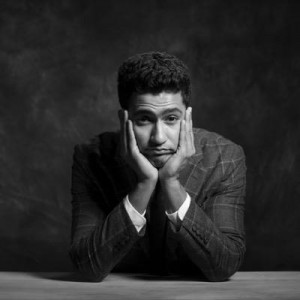
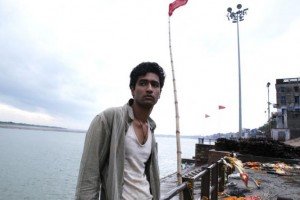
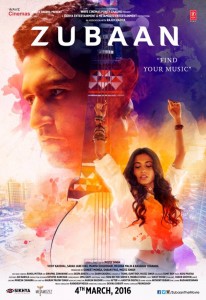

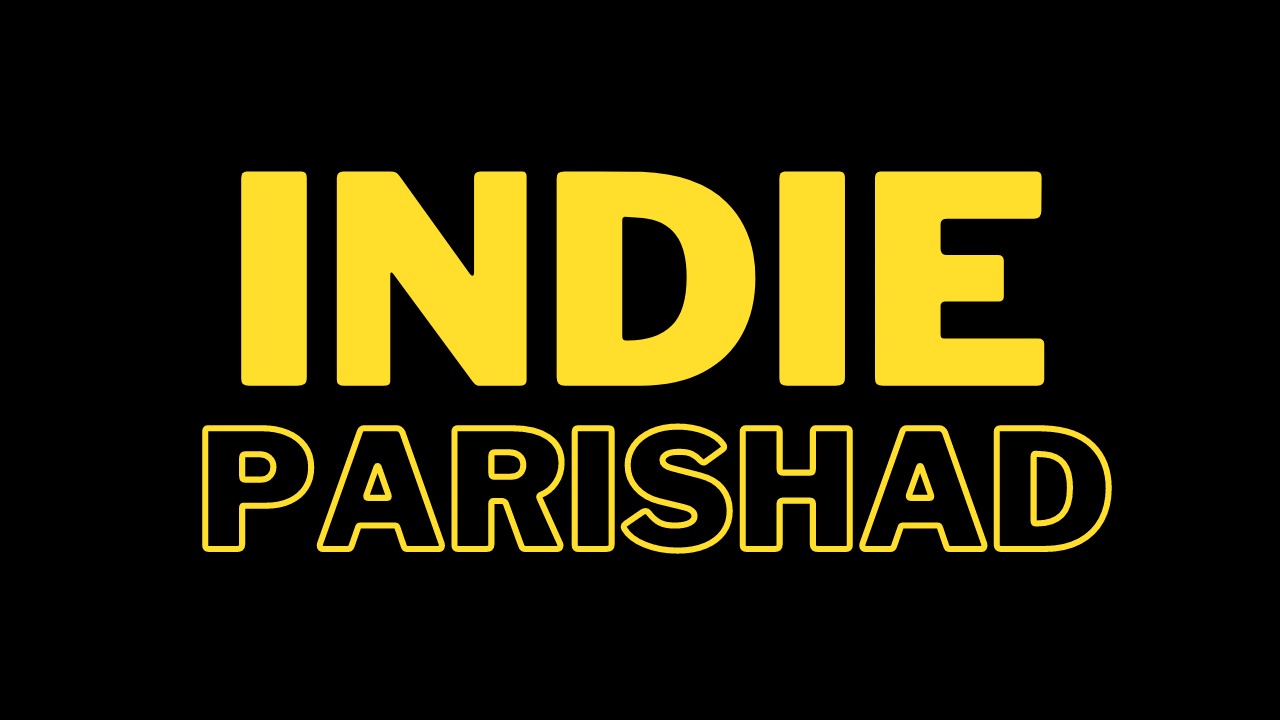
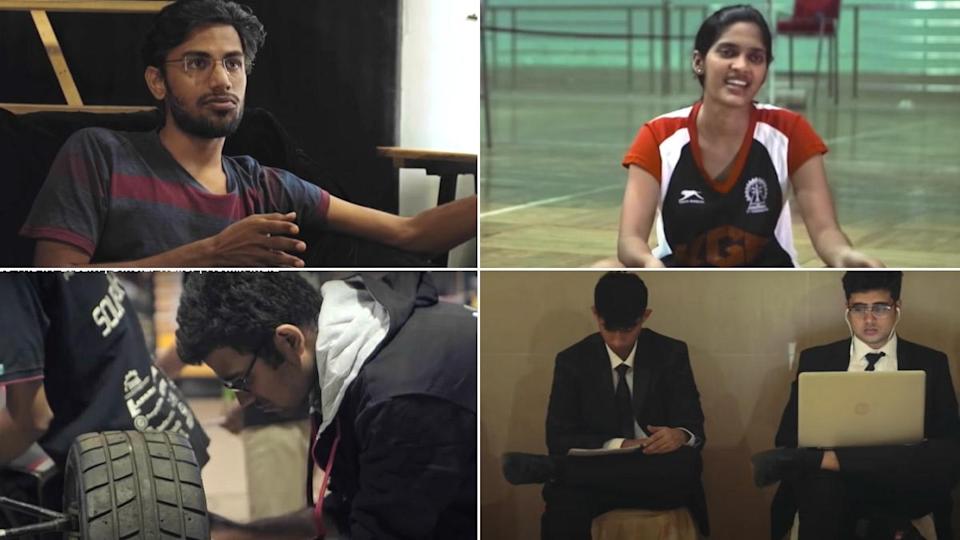
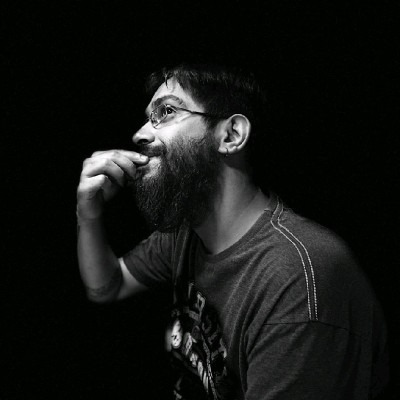

Leave A Comment
You must be logged in to post a comment.